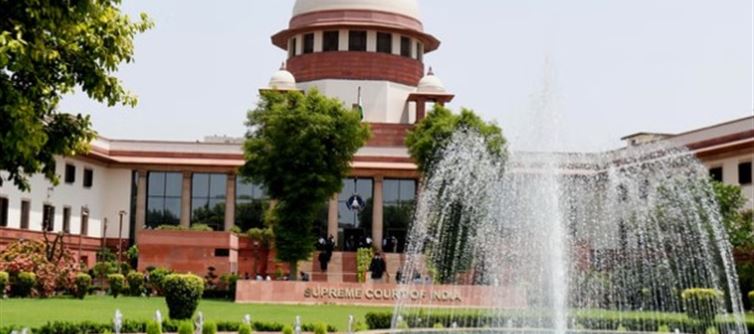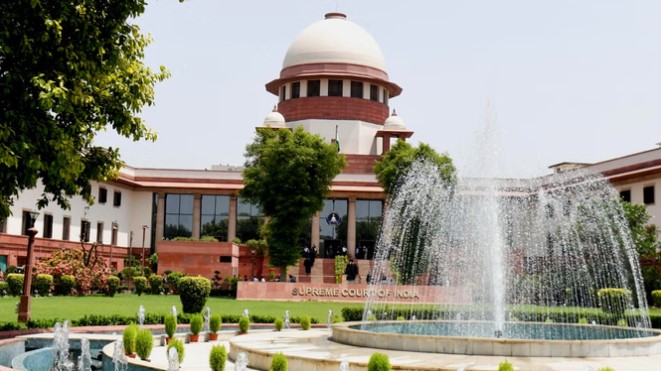
🔹 supreme court Updates: Key Developments and Decisions 🔹
🏛️ PIL Seeks Rules to Ensure Secularism in Politics
A Public Interest Litigation (PIL) has been filed in the supreme court demanding the formulation of rules for political party registration to ensure secularism, transparency, and political justice.
The supreme court has issued notices to the central government and the election Commission, seeking their response within four weeks.
The court has directed the petitioner to make all registered political parties part of the case.
The PIL also requests the Court to issue directions to the government to tackle corruption, casteism, and criminalization in politics.
⚖️ Eligibility of Judicial Officers for ADJ Post Under Review

The supreme court will hear a case from september 23 to 25 to decide whether a judicial officer, who had practiced as a lawyer for seven years before joining judicial service, can be considered eligible for appointment as an Additional district Judge (ADJ).
The Constitution’s Article 233 is central to this case, stating that a person must be in service or have at least seven years of advocacy experience to be appointed as a district Judge.
The court will examine whether a combined experience of bar practice and judicial service can be considered for direct recruitment quota.
Currently, ADJ posts are filled via promotion and direct recruitment of advocates with 7+ years of bar experience.
The key issue is whether lower judicial officers can also apply under the direct recruitment category.
🚫 supreme court Bans Photography, Reels in High Security Zone
The supreme court has banned the use of mobile phones, cameras, and video equipment (including selfie sticks and tripods) for taking photographs or making reels in its high security zone.
As per the september 10 circular, media personnel may only conduct interviews or live broadcasts in the lawns, which are designated as low-security areas.
The rule applies to lawyers, litigants, interns, and law clerks. Violators may face disciplinary action from their Bar Association or State Bar Council.
Media persons violating the rule may be banned from entering the high-security zone for a month.




 click and follow Indiaherald WhatsApp channel
click and follow Indiaherald WhatsApp channel